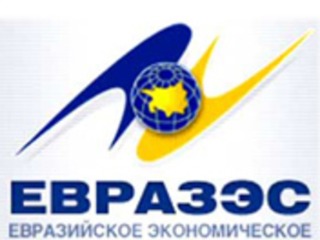Kazakhstan Increasingly Concerned over Eurasian Economic Union
By Stephen Blank (the 27/11/2013 issue of the CACI Analyst)
Kazakhstan joined the Customs Union with Belarus and Russia in 2010 and by 2012, it had evolved into a single Eurasian Economic Space known also as EurAsEc. The economic union is Putin’s principal foreign policy goal and Ukraine in the West and Kazakhstan in the East are particularly important to the success of this enterprise. Yet, while Ukraine was poised to instead sign a trade agreement with the EU at the Eastern Partnership summit in Vilnius on November 28-29, it has stopped preparing for that signing ceremony, evidently succumbing to Russian pressure. Meanwhile, Kazakhstan has now registered increasingly vocal complaints about the direction EurAsEc is taking.

“CACI Analyst, November 13, 2013”
Russia Advances Its Position in the South Caucasus
By Armen Grigoryan (the 13/11/2013 issue of the CACI Analyst)
Russia continues to limit Armenia’s capability to make independent political decisions and is planning to increase its military presence in Armenia. Shortly, Azerbaijan and Georgia will face stronger pressure and Russia’s efforts to create a new union of the former Soviet republics will intensify. As Russia is unable to advance its goals through “soft power,” offering no attractive model of governance, democratic political culture, or serious economic benefits, it will increasingly rely on “hard power.” Regional policies devised by the U.S. and EU are becoming insufficient as regional dynamics change and new threats emerge.

Armenia's ANM Party Revives
By Haroutiun Khachatrian (the 13/11/2013 issue of the CACI Analyst)
The old Armenian National Movement party has been declared alive against the wishes of its leader, Armenia’s first President Levon Ter-Petrosian, expressed another view. On October 26, the event “Founding Congress of Armenian National Movement party” took place in Yerevan. Some 200 delegates representing five provinces (marzes) of Armenia declared, despite earlier statements to the contrary, that the old ANM party (HHSh in its Armenian abbreviation) has not been dissolved, and that their party is the only heir of the previous ANM. Members of the congress are now busy creating local party bodies, party registration, and other moves envisaged by the Armenian legislation. In contrast to most of the existing Armenian parties, the new party is said to have no leader.


